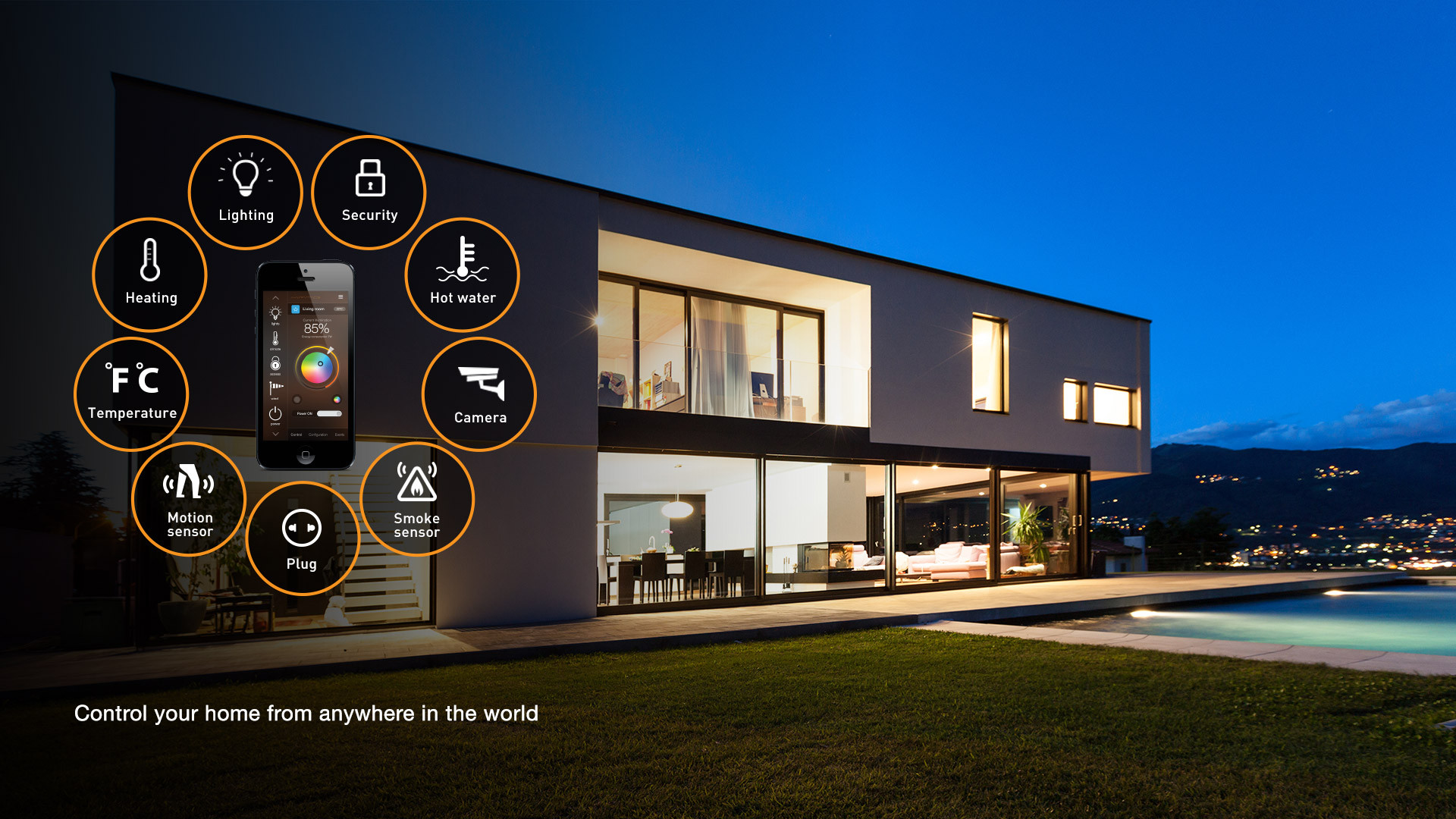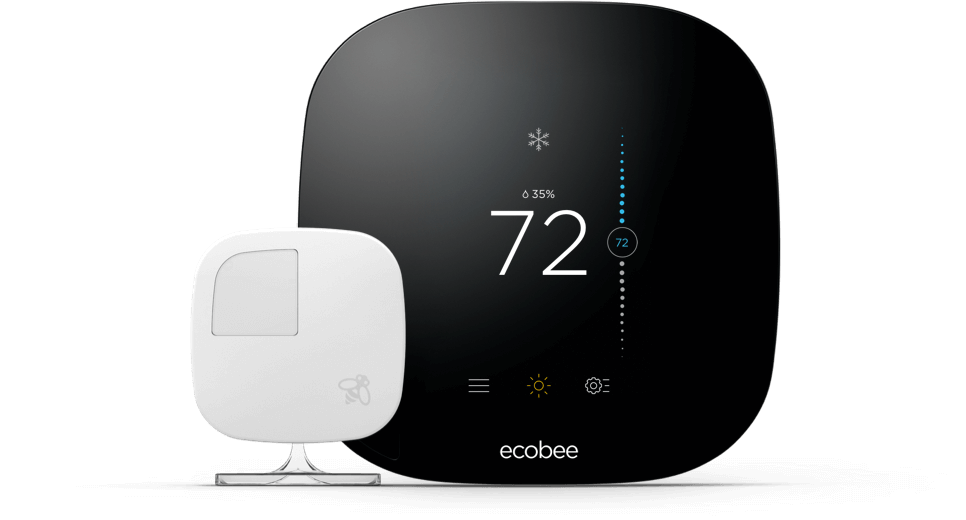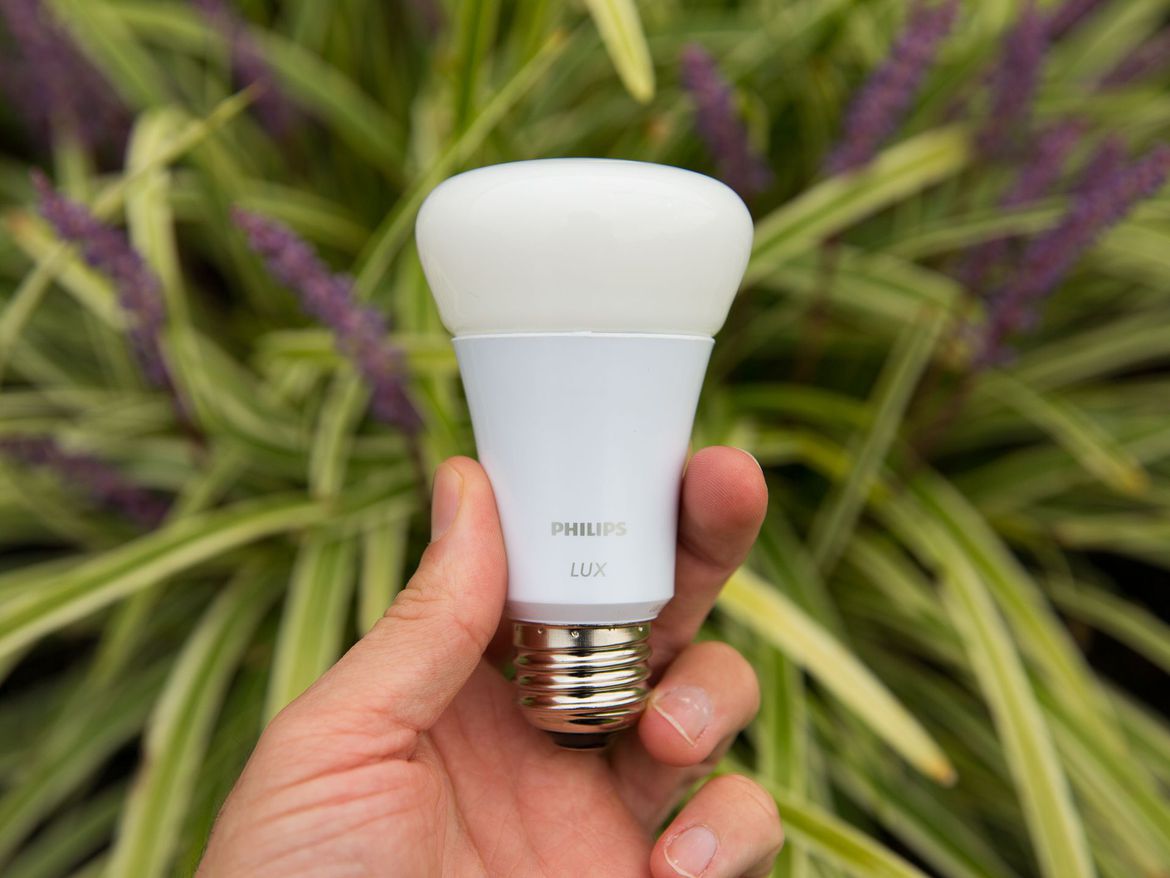How To Save Money With Inexpensive Smart Home Technologies
An investment in smart home technology sounds – well, smart. But it also sounds prohibitively expensive to many people. A nationwide Harris Poll has found that one-third of all Americans think that setting up a smart home would cost them at least $5,000.
In reality, equipment for the average smart home costs just a few hundred dollars, not thousands, and that investment is usually recouped quickly in energy savings. Just as importantly, you can “start small” and gradually add more devices over time as you discover how much money you’re saving by going smart.
Here’s a look at a few of the smart home technologies that can start cutting your energy bill almost immediately, without costing you a fortune.
Smart Thermostats
No, installing a Nest or EcoBee isn’t going to approach the savings you’d see by installing solar panels – but in most cases, the $200 or so that you’ll spend on a smart thermostat will be repaid in energy savings in less than two years. EcoBee’s figures show their thermostat lowers the average energy bill by about 23%, and Nest has done a study showing the average consumer saves around $135 per year by using their thermostat instead of a traditional one.

Of course, no one is “average.” If you’re one of the people who’s takes a “set it and forget it” approach to your heat and air conditioning, you could save a lot more than the average homeowner by taking full advantage of a smart thermostat’s programmability, app control and learning capability. And many of these devices work seamlessly with other smart home technologies, so they’re a great starting point.
Smart Lighting
It’s easy to ignore your home’s lighting system. After all, how much could it possibly cost to leave the lights on at night? Believe it or not, a lot. EnergyStar says 12% of the average electric bill pays for lighting, and a good way to cut those costs is by replacing traditional bulbs with Internet-enabled, LED smart bulbs.

Any LED bulb will save you money in the long run, because it uses 75% less electricity than an incandescent bulb and takes forever to burn out. A smart LED bulb, though, can also be programmed to turn on and off at the proper times to save energy, or turned off via an app on your phone if you’re the type who forgets to shut things off when leaving. It’s also dimmable via the app, so you don’t have to install expensive dimmer switches. And yes, it can eventually be hooked into a much more extensive smart home system.
Big Ticket Items
We’ll leave for another day the debate on how expensive it is to install smart solar panels, since the answer involves rebates, tax credits and financing which differ from homeowner to homeowner. There’s no question, though, that going solar will cut the average electric bill by tens of thousands of dollars over a 20-year period. And newer, smart solar panels promise even bigger savings through the use of integrated batteries for power storage, full usage tracking and smart modules that allow homeowners to choose where in the house the solar power will be used, along with a fail-safe mechanism that turns the panels off in a weather emergency.Smart appliances can tie into a complete smart home system to make life easier. But they can also do things like adjust refrigerator and freezer temperatures, and properly adjust washer and dryer cycles, to minimize energy usage and save on electric or gas bills. And smart home security systems can replace the expensive services of remote-monitoring companies, while giving you more control over your security and the ability to control everything directly from your phone.
0
Featured products





